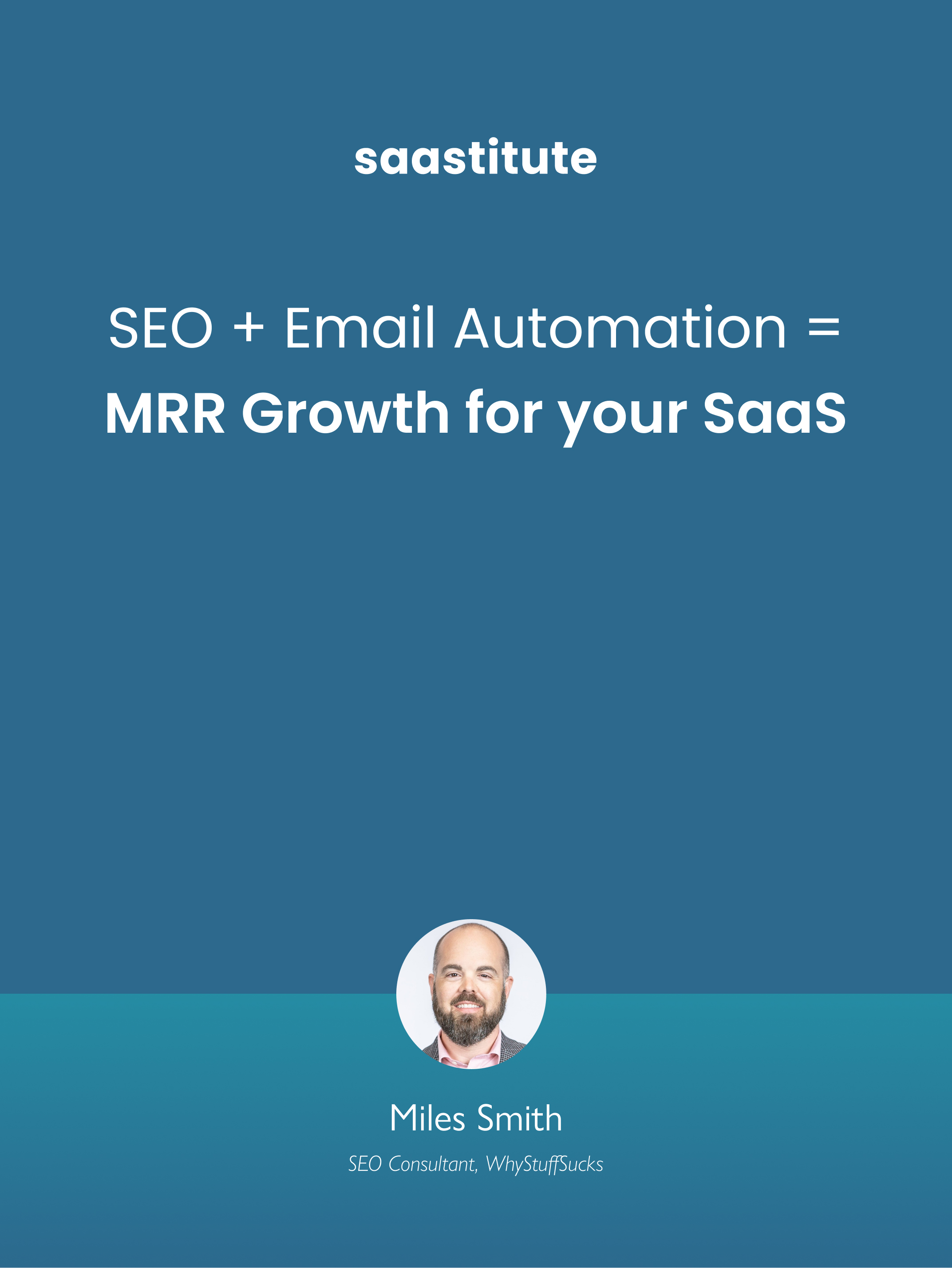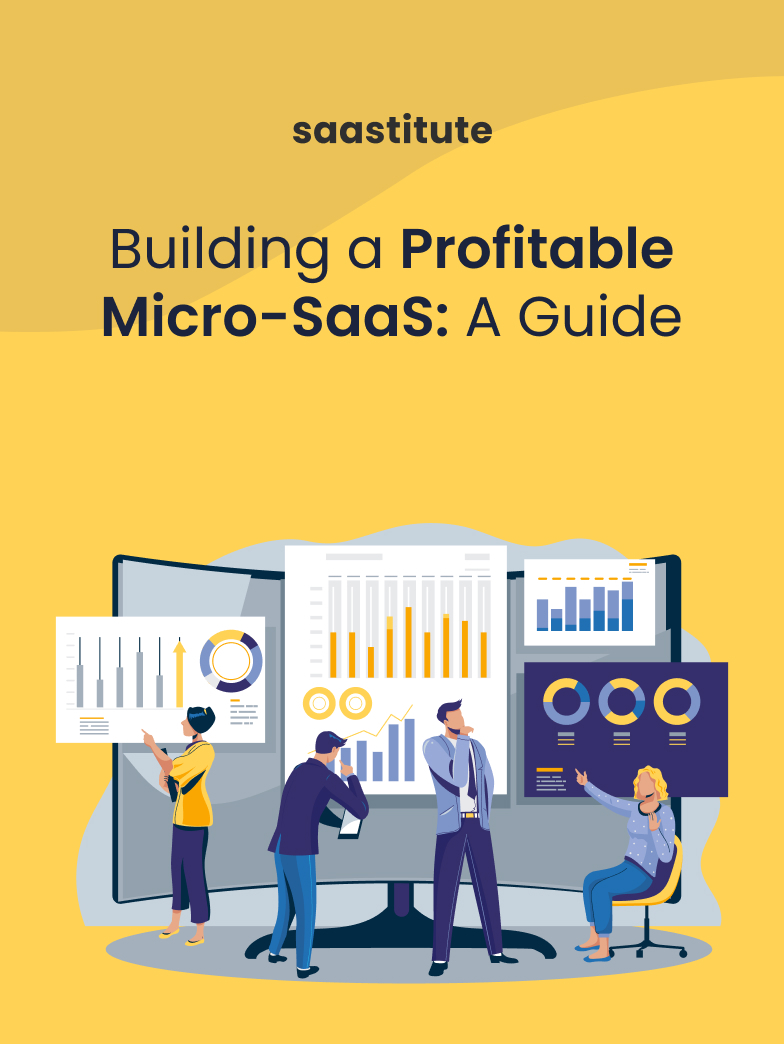7 Funding Sources (besides VC) for your SaaS Startup
Funding is crucial but often challenging for SaaS startups. While VC investment is the preferred option, here are some additional options for SaaS businesses to explore.

‘VC funding’ is by far one of the most celebrated terms in the life cycle of start-ups, but off late alternate financing sources have surfaced as credible alternatives for businesses looking to raise capital.
In this article, we have listed down some of the top alternatives to sources of funding for a SaaS startup and when they are best suited to fund a SaaS.
Venture Capitalists
Venture capital funds are the most prevalent source of funding. VCs prefer to invest in newly formed startups as well as small and medium-sized firms with long-term growth potential. These VCs might be individuals, investment funds, or financial institutions.VC support is not limited to monetary financing; it can also take the form of technical or business expertise and support. For investors, this is a high-risk, high-reward situation. Here are a few things to consider when choosing VCs for your SaaS startup.
There are three types of VC funds categorized based on the stage of the company they invest in.
- - Early-stage funding (Seed funding, First-stage funding)
- - Expansion funding (Second-stage funding, Bridge funding, Mezzanine funding)
- - Buyout funding (Acquisition funding, Management or leveraged buyout funding)
Here is a list of some of the top venture capital firms investing in early-stage businesses.
Bootstrapping
Bootstrapping is a way of growing the company with no influence from external funding sources. In other words, bootstrapping involves putting in the stakeholder’s savings/personal money. This implies that the money generated by a business from its consumers must be reinvested in its operations in order for it to continue scaling
This is perhaps one of the most inexpensive routes for founders for the following reasons:
- No stock positions will have to be forfeited.
- No need to pay high interest on the borrowed capital
- When the time arrives to raise money through external sources, coming from a stronger position (with less debt on hand) makes you more appealing to external lenders and investors.
Angel Investment
Angel investing, like VC investment, is a kind of equity financing in which an angel investor provides capital in return for a share of the company's equity. But there is a glaring difference between these two. An angel investor is a person (while VCs are established companies) who invests a little amount of money in a startup business or corporation in its early stages. Raising cash from angel investors has the clear benefits:
- Because angels are the primary decision-makers, securing funding from them is reasonably quick.
- The majority of angel investors come out of a business experience and help the firm along the way by providing direction and practical advice.
Here's a list of some of the most active angel investors in India.
Crowdfunding
A relatively novel route for raising capital, crowdfunding is competitive.
Entrepreneurs pitch their idea(s) on crowdfunding websites like Indiegogo, Fundable and others. They share a a brief about their idea, business plan, growth strategy, and more. Those who are interested in investment access the website and choose the business they want to invest in. With this kind of approach, SaaS owners land up getting a small amount sourced from a large number of people. Some of the reasons why founders prefer crowdfunding over the other traditional sources are-
- It acts as an organic marketing strategy, receiving thousands of visits from unique users and potential donors.
- It allows for crowdsourced brainstorming while also assisting with concept validation.
Here are the top 10 crowdfunding platforms in India for your start-up.
Partner Financing
In partner financing, you share the company’s loss and profits with the partner(s), in other words, you share the company’s ownership with multiple people.
In exchange for the funds received, you are obliged to provide special access to the product/ service, team, distribution rights, sales or a combination of these. This is probably one of the best alternatives if the other partner is from the same industry or an industry that complements with an interest in your business. Businesses save time and money to a greater extent by leveraging the other party’s products, team and other resources.
Convertible Notes
A convertible note is an alternative for seed investors who want to wait until the next round of fundraising or a milestone to set a valuation for their business. It's set up as a debt investment with the goal of converting principle and interest into equity. Convertible notes may have extra terms, such as limits and discounts, to compensate the angel investor for the greater risk of participating in the earlier round.
- It is executed relatively faster
- It is also cheaper as the legal fee is low as compared to other options
- It delays valuation by providing investors with a discount on the price that is set later
- No need to make cash payments every month as the interest is accumulated and either paid in cash or converted into equity at the maturity date.
Revenue Based Financing
This is the type of loan in which repayment is determined by the borrower’s monthly recurring income as opposed to the fixed amount.
Lines of credit are typically available to businesses that have account receivables (AR) or/and inventory that serves as collateral for the loan. In the case of SaaS companies, the AR have minimal accounts, recurring revenue that customers pay upfront and no inventory. Investors treat this recurring revenue as an asset that serves as collateral for the lent amount. SaaS businesses with low CAC and stable recurring revenue can easily obtain the MRR. Some of the benefits of obtaining this kind of funding are-
- Collateral is not required
- No minimum monthly principal payments
- Valuation is not required
- Due diligence is easy and swift
- The fund borrower does not have to be VC-backed
Accelerator Funding
Business accelerator programs are short-term cohort-based training and mentoring programs designed for early-stage startups to help them scale. Accelerators have a set time limit. During the program, startups devote all of their attention to the firm, and each program is distinct. These programs include seed investment, resources, business connections, mentoring sessions and culminate in a demo day event. Some of the most eminent and well-regarded programs are TechStars, Y Combinator, 500 Startups, Dreamit.
There are several benefits to enrolling in an accelerator program are-
- Focus on rapid growth, get dedicated time to work with the experts and exposure to investment opportunities that can help companies flourish quickly
- Mentorship and guidance through one-on-one interactions with advisors.
- Networking opportunities with other entrepreneurs
Summing up
Startups are companies that want to grow at a breakneck speed. And to scale fast enough, they need a huge sum of capital to finance their growth. With so many alternatives, choosing the best source of funding may be a daunting task; but, considering the advantages of each source listed above can help you decide which one to pursue.














.svg)


